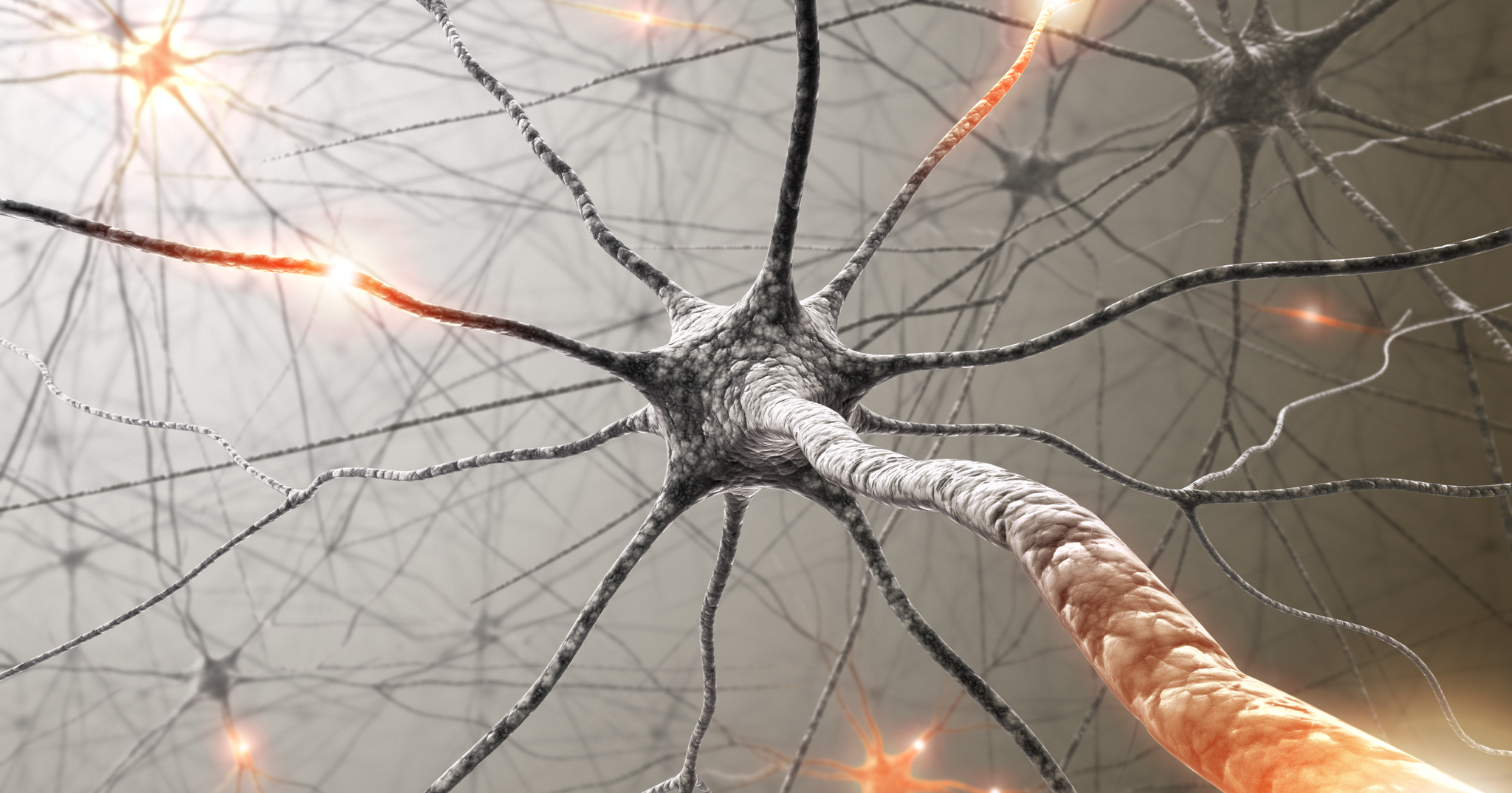Media Coverage
The work done by Northwestern University Feinberg School of Medicine faculty members (and even some students) is regularly highlighted in newspapers, online media outlets and more. Below you’ll find links to articles and videos of Feinberg in the news.
-
TIME
–
13 Ways Being a Night Owl Could Hurt Your Health
“The main role of circadian rhythm is to anticipate what you’re going to be doing at certain points of the day,” says Kristen Knutson, PhD, associate professor of neurology and sleep medicine at Northwestern University Feinberg School of Medicine. “When there’s a mismatch and you’re not doing what your biology expects at a certain time, your body may not handle it as well; it may not process food or glucose as rapidly, for example.”
-
Chicago Tonight – WTTW
–
Northwestern’s Tissue Bank Breaking Ground on Digestive Diseases
There’s a new tool in the fight against gastrointestinal diseases – and it’s housed at Northwestern University. The tissue bank, known formally as the Digestive Health Foundation BioRepository, stores blood and tissues samples from patients and their family members who suffer from any digestive disorder treated at the Northwestern Medicine Digestive Health Center. Researchers there will use those tissue samples to generate more knowledge around gastrointestinal diseases and to develop new treatment options for these diseases, which affect around 60 to 70 million Americans each year. Dr. Stephen B. Hanauer, co-founder and medical director of the Northwestern Medicine Digestive Health Center, says people who suffer from gastrointestinal diseases “require a great deal of support both emotionally and medically.”
-
The New York Times
–
Reducing Injury Risk in Youth Sports
Many parents want their children to reap the benefits of sports participation. In addition to socializing with their peers and enhancing self-esteem, sports participation fosters a child’s overall health and bone density and reduces the risk of overweight, diabetes, cardiovascular disease, depression, risk-taking behavior and teen pregnancy, noted Dr. Cynthia LaBella, pediatric orthopedist at Northwestern University’s Feinberg School of Medicine, and co-author of an editorial on youth sports injury prevention in the British Journal of Sports Medicine.
-
Fox News
–
Melania Trump’s kidney condition, ’embolization procedure’ explained
Since the surgery is non-invasive, recovery time tends to be quick. Patients are usually monitored for about 2 hours after the procedure. If vital signs are strong and patients can walk down a long hall with a nurse successfully, then they’re generally discharged that same day, according to Northwestern Medicine. “Kidney embolization procedures are generally well tolerated,” John Friedewald, M.D., medical director of kidney and pancreas transplantation at Northwestern Memorial Hospital, told Women’s Health on Monday, adding that it causes only minor side effects such as fever, pain or bleeding at the injection spot.
-
The Wall Street Journal
–
Collagen, a Wrinkle-Cream Staple, Catches On in Foods
Some nutritionists say collagen’s absorption could be counteracted by other ingredients in foods or beverages. “A lot of the studies look at collagen alone, but we don’t know what happens when it’s used in combination with other ingredients,” says Ashley Barrient, a dietitian with the Northwestern Medicine health system in Chicago, who says as many as five patients a month ask her whether they should take collagen.
-
NBC News
–
Too many mothers are dying after childbirth. A hospital hopes to save them.
The guidelines list symptoms, as well as risk factors for bleeding. They also suggest ways hospitals can prepare for hemorrhages, like having a cart dedicated to treating this emergency. “You want a cart with all the things you might need already pre-supplied so you’re not running all over doing a search mission,” says Dr. William Grobman, a professor and vice chair for clinical operations in obstetrics and gynecology at Northwestern University Feinberg School of Medicine.
-
The Wall Street Journal
–
The deadly risk of losing your financial nest egg
We’ve long known that a financial shock causes immediate distress. Suit-clad men leaping from buildings were dismal hallmarks of the Great Depression, and soon after a major recession began in 2007, there were notable spikes in clinical depression, substance abuse and suicides. But what about the effects of such a shock over a more extended period? “Does the stress of losing one’s wealth also create a long-term risk?” asked Lindsay Pool, a Northwestern University epidemiologist and the lead author of the new study. Published last month in the Journal of the American Medical Association, her research investigated how losing one’s life savings in the short term might curtail one’s lifespan in the long term.
-
U.S. News & World Report
–
Don’t Let a ‘Wealth Shock’ Destroy Your Health
In fact, a lack of financial security among older adults can have a tangible impact on their longevity, according to a Northwestern Medicine and University of Michigan study published in the Journal of the American Medical Association. It found that adults ages 51 to 61 at the start of the study who lost more than 75 percent of their wealth in a two-year period had a 50 percent higher risk of dying in the 20 years following. The reason for the relationship between loss and lifespan may be twofold, says Lindsay Pool, the study’s lead researcher and research assistant professor of preventive medicine at Northwestern University’s Feinberg School of Medicine. First, chronic stress caused by financial upheaval can have a detrimental impact on health. “Stress is really bad for us when it’s acute and long-term,” Pool says. And second, a loss in wealth may dissuade people from seeking or maintaining necessary health treatments.
-
Reuters
–
Online reviews for breast surgery are mostly positive
The reviews tend to be polarized at five stars or one star, and some are written by people who consulted a doctor but never had the surgery, the study authors note in the journal Plastic and Reconstructive Surgery. “The interface between patients and physicians continues to evolve in surprising ways as the internet and social media take hold of our everyday lives,” said senior author Dr. John Kim of Northwestern University Feinberg School of Medicine in Chicago.
-
Crain’s Chicago Business
–
Northwestern, Centegra to tie the knot after lengthy courtship
Powerhouse Northwestern Memorial HealthCare and smaller Centegra Health System plan to marry after all. The nonprofit health systems, which announced their courtship more than two years ago and have delayed their trip down the aisle more than once, have asked Illinois regulators for permission to merge. Centegra’s three northwest suburban hospitals would join Streeterville-based Northwestern, a seven-hospital system known as Northwestern Medicine, according to new applications filed with the Illinois Health Facilities & Services Review Board. The board decides the fate of health care projects in the state to avoid duplicating services.






